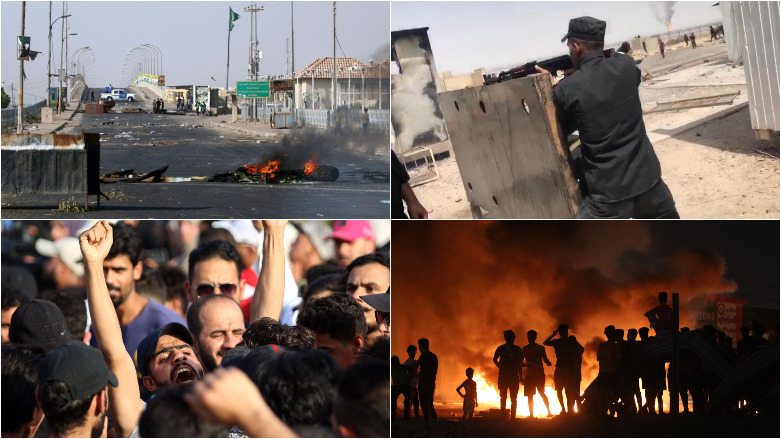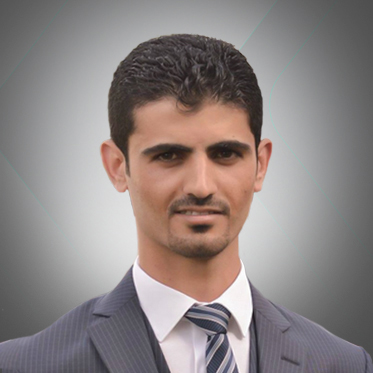Abadi: Hundreds of protesters arrested; Iraq’s internet freedom better than most democratic countries

ERBIL (Kurdistan 24) – Since the start of demonstrations in the country’s south, security forces have arrested over 100 protesters, and the number will increase, Iraqi Prime Minister Haider al-Abadi revealed on Tuesday.
During his weekly press briefing, Abadi revealed the number of protesters that have been arrested so far, stating Baghdad is aware of those responsible for encouraging people to take to the streets in weeks-long protests.
“We have arrested over 100 protesters who turned the demonstrations violent, and the number is increasing,” the Iraqi Prime Minister said, adding the security forces must publish their confessions publicly on television.
Through gathered intelligence, we have found the sides responsible for motivating those violent protesters, but for security reasons we have not revealed them, Abadi stated.
Praising the freedom in Iraq, he claimed that “there is tremendous freedom regarding the use of internet in the country which cannot be found in most democratic countries in the world.”
“There are two popular opinions, one is absolute freedom, and the other one demands imposing censorship on the internet in order to provide security and protection to everyone,” Abadi told reporters without referring to which opinion his government is applying.
Abadi noted that there are people who want to give the protesters a bad image by posting fake videos and photos.
Since July 14, authorities have limited internet access and blocked some social media outlets across much of central and southern Iraq.
Human Rights Watch (HRW) released a report on Tuesday calling on Iraqi authorities to “lift all internet restrictions except where specific security concerns require such a response.”
The HRW report added that blocking internet access to people in southern Iraq not only denies them their right to exchange information but can put people in danger.
Editing by Karzan Sulaivany
